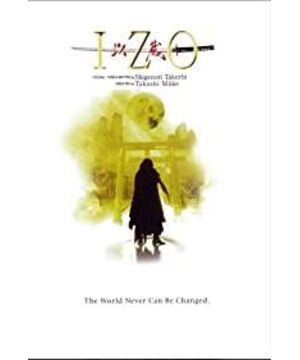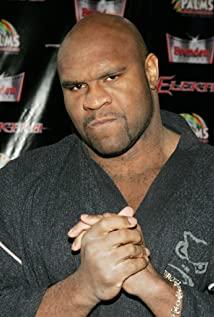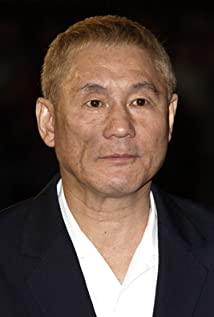This time, the bloodthirsty madman has gone through extremely hard times, from ancient times to the present, from barbarism to civilization, from the world to hell, from himself to the mother body. Blood was dripping all the way, and the rhetoric that spilled out was even more exciting. The lines of the film, including some narrations, are so wonderful that people linger in fear, and the power is strong, which is rare in Miike's works.
The film finally falls on the theme of exposing the history of human beings as a history of violence. By declaring war on those who have the ability to dominate the system and the authority, and killing people, they seek spiritual freedom. During this period, he killed his mother, cut off the source of life, and completely reduced to a vengeful evil spirit. The childbirth scene at the end heralds a rebirth, but the baby's instant transformation into a demon's body shatters the possibility of light appearing in Miike's work.
Of course, "Izang" has to have the trademark violence of Takashi Miike, but the blood flow is much less than "Killer Ah Yi". The sense of form of the film is still there, but the appearance of killing is downplayed, and it is tightly wrapped around the spiritual temperament of overthrowing the power caused by revenge.
View more about Izo reviews









